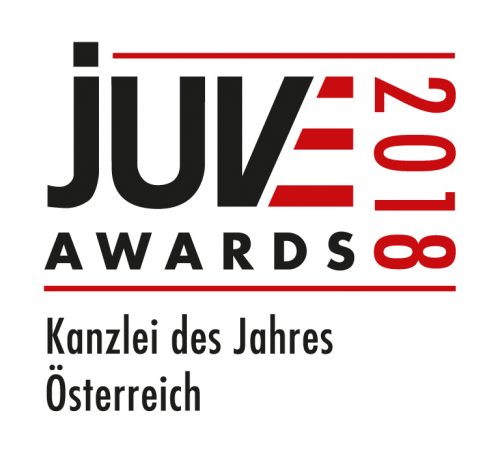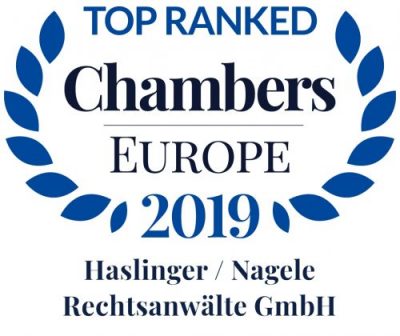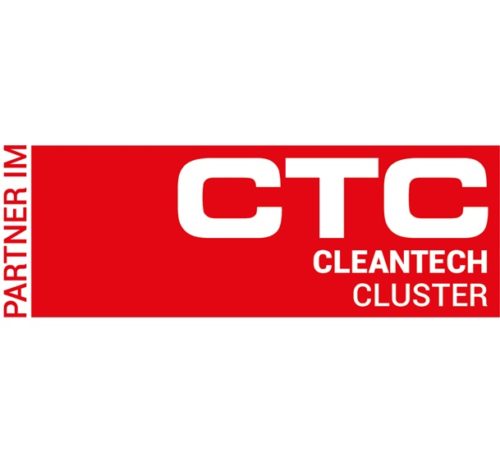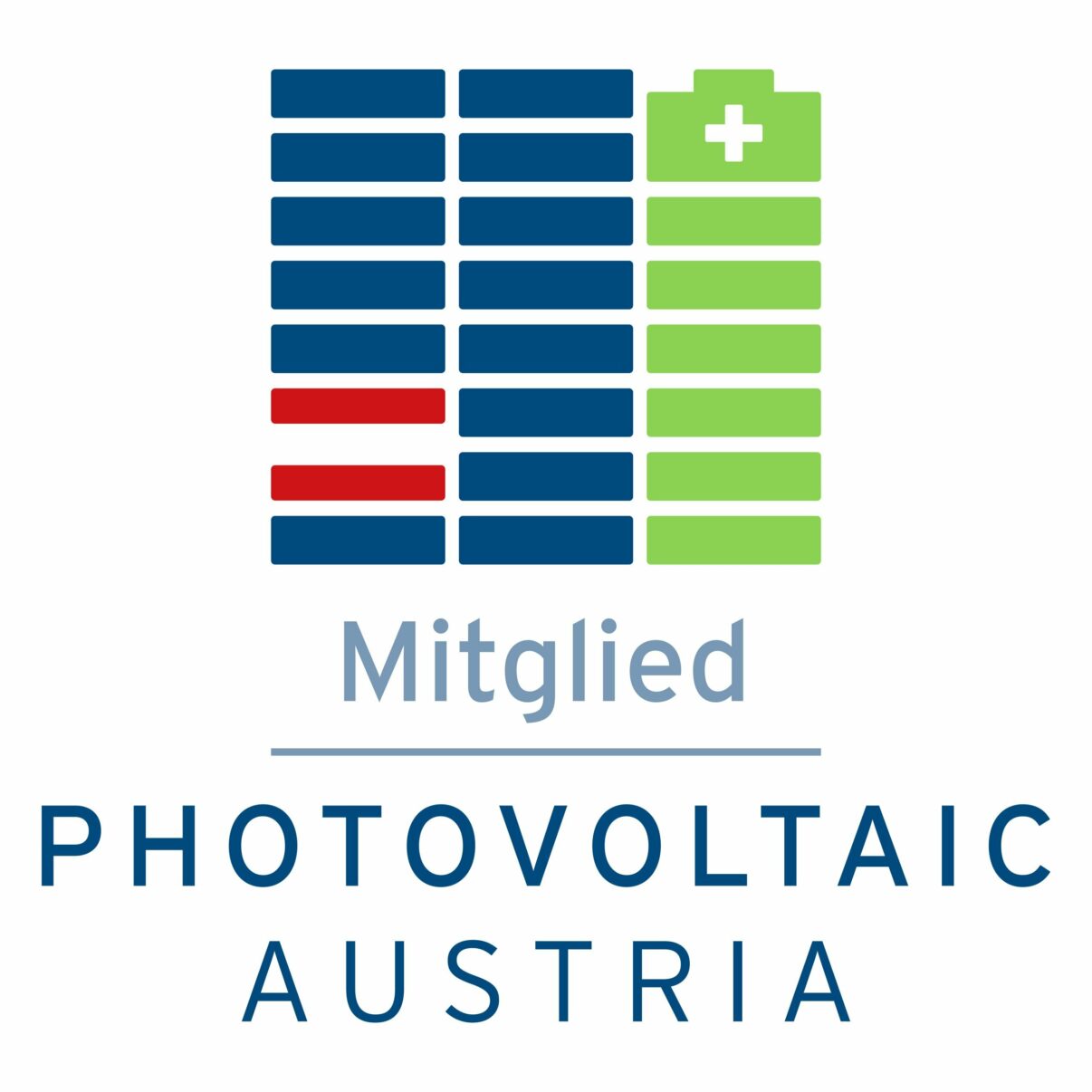Whistleblowing reporting systems
We help with implementation and processing!
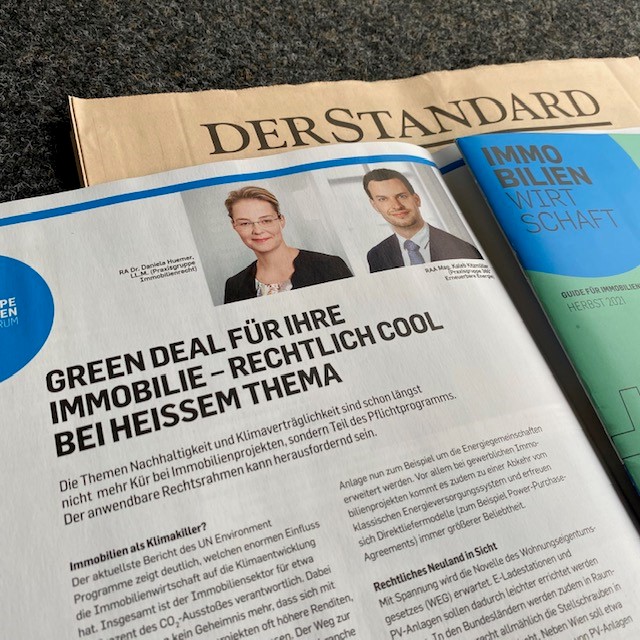
The topics of sustainability and climate compatibility have long since ceased to be optional extras in real estate projects and are now part of the mandatory program. The applicable legal framework can be challenging.
The latest report of the UN Environment Program clearly shows the enormous influence the real estate industry has on climate development. Overall, the real estate sector is responsible for around 38% of CO2 emissions. It is no longer a secret that sustainable real estate projects often generate higher returns, sales and rental prices. The path to sustainable real estate presents challenges to the real estate industry – including legal ones.
The main factors responsible for the CO2 emissions of real estate projects are the type of construction and the building materials used as well as energy generation and consumption (including heating and cooling). In addition, the connection between real estate and mobility also plays a major role. Indirectly, the type of financing often serves as a fork in the road, at the end of which there can be either a sustainable showpiece property or another climate problem.
Fortunately, instead of location, location, location, one can concentrate on solutions when it comes to sustainability. When actively planning energy efficiency and energy self-sufficiency, the sustainable toolbox can now be expanded to include energy communities, for example, in addition to the classic rooftop PV system. In commercial real estate projects in particular, there is also a move away from the traditional energy supply system and direct supply models (e.g. power purchase agreements) are becoming increasingly popular.
The amendment to the Condominium Act (WEG) is eagerly awaited.
This should make it easier to set up e-charging stations and PV systems. In the federal states, the adjusting screws in spatial planning and building law are gradually being turned in the direction of climate protection. In addition to Vienna, for example, the installation of PV systems is also to become mandatory in the construction of new buildings in Styria.
Good intentions are not enough for sustainable real estate projects; rather, linked legal advice is recommended precisely because of the many new possibilities. As a result, sustainability can ideally be practiced with minimized risk across all phases of a project. A 360° view is therefore key to sustainable legal advice.
This article appeared in the current special issue of DER STANDARD – Immobilienwirtschaft.
Our experts Daniela Huemer from the Real Estate and Construction Law team and Kaleb Kitzmüller from the 360° Renewable Energy practice group will be happy to answer any further questions you may have on this topic by phone or at akut@hnp.at.
This article is for general information only and does not replace legal advice. Haslinger / Nagele assumes no liability for the content and correctness of this article.
28. September 2021

